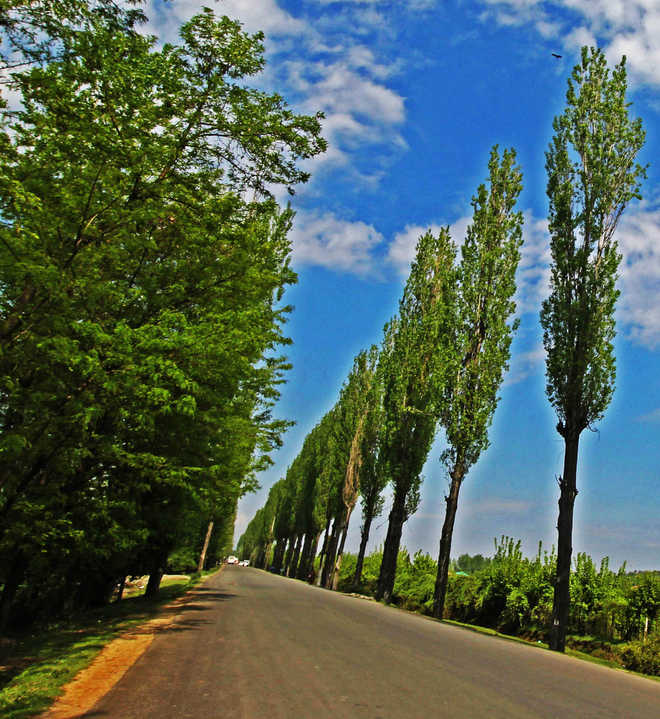 Pollen is back in the atmosphere and the Kashmir region is grappling with the pollen-induced allergy these days.
Pollen is back in the atmosphere and the Kashmir region is grappling with the pollen-induced allergy these days.
Doctors and health experts who are dealing with such kind of patients in hospitals across the Valley have advised taking adequate precautionary measures as the symptoms get exacerbated with patients having asthma or breathing problems.
The common symptoms of pollen-induced allergy include nasal irritation, running nose, red and watery eyes, which may further exacerbate if proper medical advice is not sought by the affected persons.
“The pollen-induced allergy is a seasonal health hazard. So it is better one takes precautions to avoid pollen,” said Dr Naveed Nazir Shah, a consultant & assistant professor at the Department of Chest Medicine, Government Medical College, Srinagar.
He said anybody feeling symptoms like redness or watery eyes, nasal irritation or burning or redness or rashes on the skin must immediately consult a doctor to avoid exacerbation.” Though pollen allergies in temperate regions in the spring season are a common feature, the allergies induced by pollen from exotic poplar varieties like the ones imported from Russia, Australia and the US have assumed widespread proportion in the region and has turned out to be a perennial health hazard.
These exotic varies of poplar were imported to Kashmir for their commercial values as these grow fast compared to the native varies of poplar or “koshur fress”. “Though the HC has ordered to cut down all Russian popular trees in the vicinity of residential areas in the Valley, we fail to understand why the government is risking our health and is not implementing the order,” said Saba, a city resident.
“We continue our drive to cut down the Russian variety as there are HC orders. Indeed, we are going to launch this drive in every district of Kashmir to get rid of the Russian poplar,” Divisional Commissioner, Kashmir, Dr Asgar Samoon said.
Kashmir grapples with pollen-induced allergy




